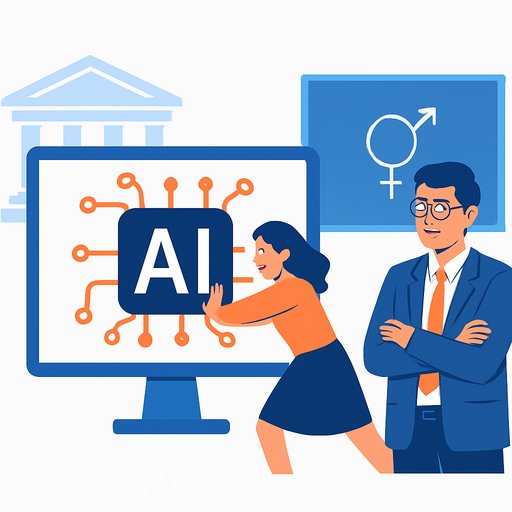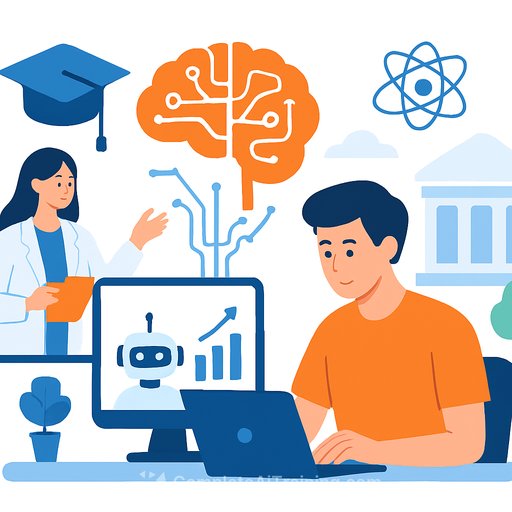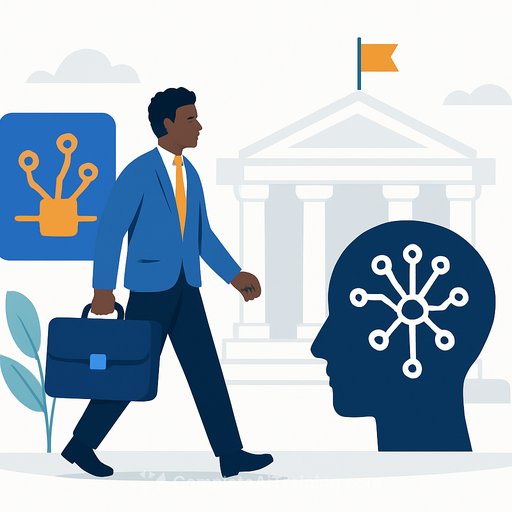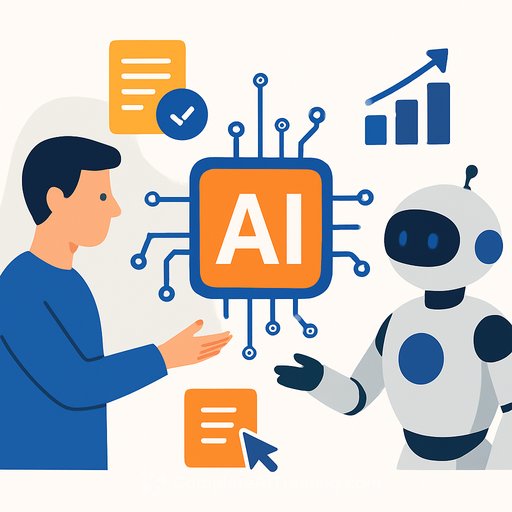AI in Indonesian Higher Education: Promise, Risks, and a Practical Path Forward
At the Galeri PJTT UT & UIGM National Meeting 2025 in South Tangerang, Deputy Minister for Communication and Digital Affairs Nezar Patria outlined how artificial intelligence can lift research output, spur innovation, and personalize learning across Indonesia's universities. He was clear: AI is useful, but it comes with risks that require active governance.
"AI can serve as a vital partner in research and innovation, while also helping to address academic challenges," he said, noting opportunities in intelligent tutoring, data-driven assessment, and institutional quality improvement through student profiling and predictive analytics. He also warned about algorithmic bias, data hallucination, and misuse in academic work.
What AI can deliver now
- Personalized learning: Intelligent tutoring systems and adaptive content can support students at scale, especially in large classes and remote settings.
- Research acceleration: Literature synthesis, data exploration, and coding assistance can shorten time-to-insight for faculty and graduate students.
- Assessment quality: Data-driven feedback can help instructors pinpoint gaps and reduce grading load without lowering academic standards.
- Institutional quality: Early-warning models and student success analytics can inform advising and resource allocation.
Risks and constraints to manage
- Bias and fairness: Models can embed discrimination if data and evaluation are not scrutinized.
- Hallucination and accuracy: Generated content may be wrong or fabricated without strong verification.
- Academic integrity: Misuse for assignments and research requires clear policies, education, and controls.
- Capacity gaps: Uneven infrastructure, limited internet access, and a shortage of skilled workers will hold back impact.
Indonesia will need at least nine million digital talents by 2030. "Universities have a significant role to play in cultivating high-quality, ethical AI experts," Nezar said.
12-month plan for universities
- Set governance: Define acceptable use, academic integrity rules for AI, and data protection standards. Create an AI ethics review process for teaching and research.
- Build literacy: Run training for faculty, teaching assistants, and administrators on prompt strategy, verification, grading with AI, and bias awareness.
- Pilot with guardrails: Start small with intelligent tutoring, feedback tools, and research assistants. Require human oversight and citation checks.
- Data and privacy: Establish consent, retention, and access controls for student data. Prefer on-prem or vetted vendors for sensitive data.
- Procurement discipline: Add bias testing, auditability, security, and accessibility criteria to RFPs. Demand validation results from vendors.
- Access and equity: Provide device loans, campus labs, and offline-first options so low-bandwidth students are not excluded.
- Measure outcomes: Track learning gains, faculty time saved, integrity incidents, and student satisfaction. Adjust or stop tools that do not deliver.
What government can enable
- Finalize the National Artificial Intelligence Roadmap with clear standards aligned to human rights, ethics, and sustainability, then formalize it into regulation.
- Invest in shared infrastructure: Cloud credits, national datasets, and secure model hosting to lower costs for public universities.
- Expand connectivity: Prioritize last-mile internet and campus network upgrades in underserved regions.
- Fund talent pipelines: Scholarships, faculty development, and applied research centers co-run with industry.
- Set benchmarks: National guidelines for bias testing, model documentation, and academic integrity in AI use.
Policy and guidance checkpoints
For alignment and policy drafting, see global references such as UNESCO's guidance for generative AI in education and research: UNESCO guidance, and the OECD AI Principles. These offer practical guardrails on fairness, transparency, and accountability.
Capacity-building options
If you are planning faculty and staff upskilling tracks, curated training can accelerate rollout. Explore role-based options here: AI courses by job and current programs here: Latest AI courses.
The takeaway
AI can boost research, personalize learning, and improve institutional decisions-if universities and government move together on governance, infrastructure, and talent. With a clear roadmap and disciplined execution, Indonesia can scale benefits while keeping integrity, equity, and student outcomes at the center.
"We hope this roadmap will soon be formalized into regulation, so Indonesia will have a clear direction for developing and adopting AI responsibly," Nezar said.
Your membership also unlocks:










